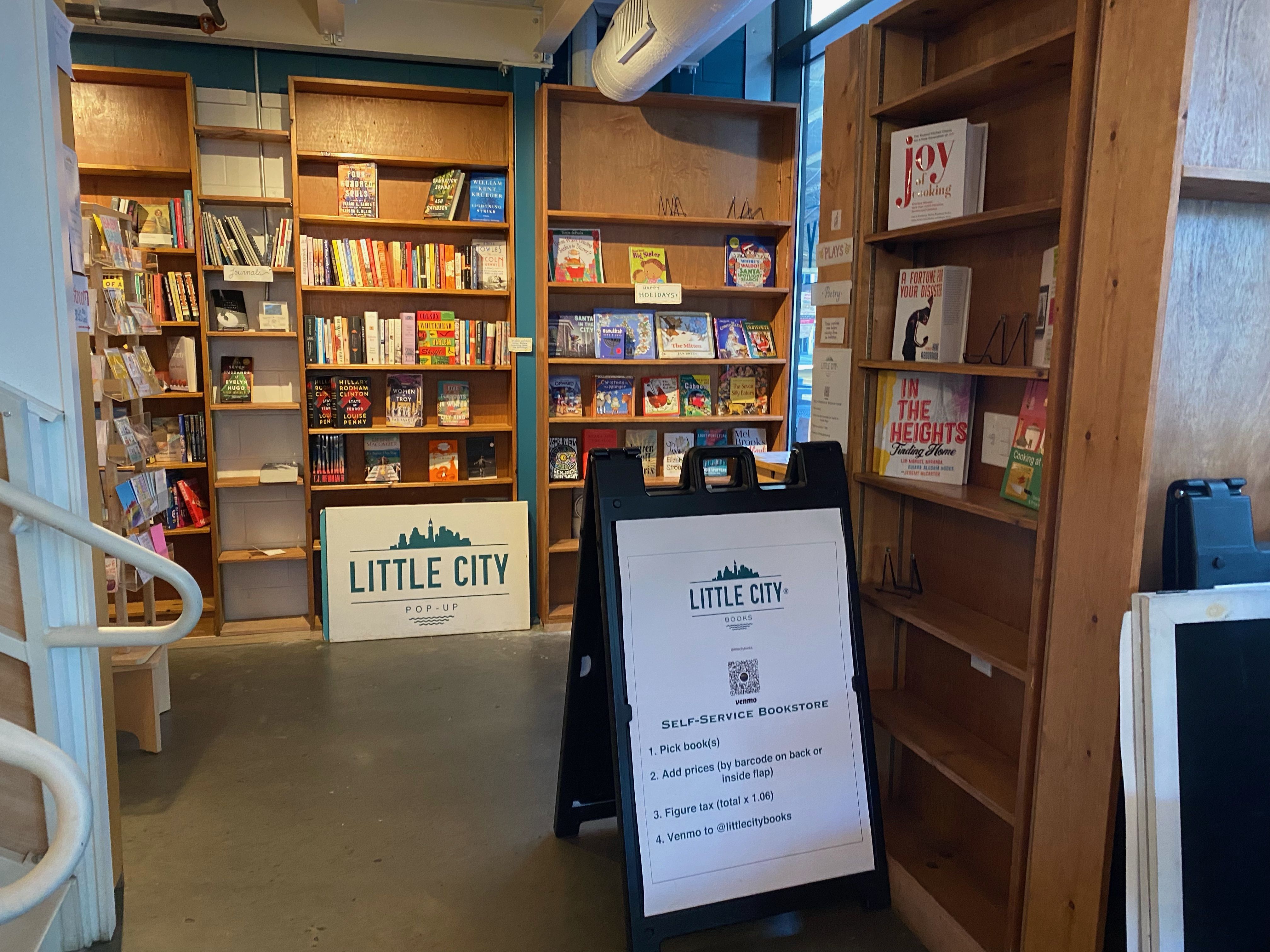As labor grows scarcer and pricier, stores are turning to cashier-less checkout to stay in business.
Businesses increasingly face the almost unheard-of predicament of figuring out how to keep their doors open with fewer — or no — employees.
The number of people who want a job isn't rising very fast, Axios' Courtenay Brown and Neil Irwin report. The share of adults in the labor force remains 1.5 percentage points below pre-pandemic levels.
- And when it comes to in-person service jobs on Main Street, COVID-19 outbreaks can quickly exacerbate the worker shortage.
- As a result, stores are looking for new ways to navigate the shortage.
New technology can take the place of some workers on Main Street. But "once a job is automated, it’s pretty hard to turn back," Casey Warman, an economist at Dalhousie University in Nova Scotia, Canada, tells the New York Times about pandemic-era technological shifts.
- Amazon has had success with its cashier-less Go convenience stores, and the retail behemoth is even taking that model to full-size grocery stores.
In addition to Amazon, there are startups like Standard Cognition that will outfit any small store with AI-powered checkout.
- While some bigger chains put 100 to 200 cameras in ceilings and along aisles to make cashierless work, Standard Cognition has a more digestible approach for mom-and-pops and does it with just 27, co-founder Michael Suswal tells Axios.
Self-service: Look for self-checkout to gain popularity as the labor shortage persists.
- Retailers that didn't offer self-checkout before the pandemic — such as Kohl's and DSW — have embraced it because it reduces contact as well as the need for workers.
- What's Next's own Joann Muller tells me one of her local grocery stores is entirely self-checkout.
Little City Books, a Hoboken, New Jersey, bookstore, tried an even more hands-off model during the pandemic: the honor system.
- Little City, which opened in downtown Hoboken five years ago, opened its second uptown location in January 2020, then had to close it in March 2020 due to the pandemic, co-owner Kate Jacobs says.
- "We realized that we could not afford to staff the uptown space with severely reduced foot traffic, browsing being the lifeblood of a bookstore," she says. "We decided to try a self-service shopping format, using Venmo, kind of like a roadside produce stand."
If customers see something they want to buy, they check the price, calculate the tax and then pay the store using Venmo.

- Little City's uptown location will be closing in February, but that's not because the self-service approach failed.
- "The self-service model was remarkably successful," Jacobs says. "The space was largely respected by customers and we made a lot of Venmo sales. It was a fun trust exercise, just not enough volume to support the rent."

